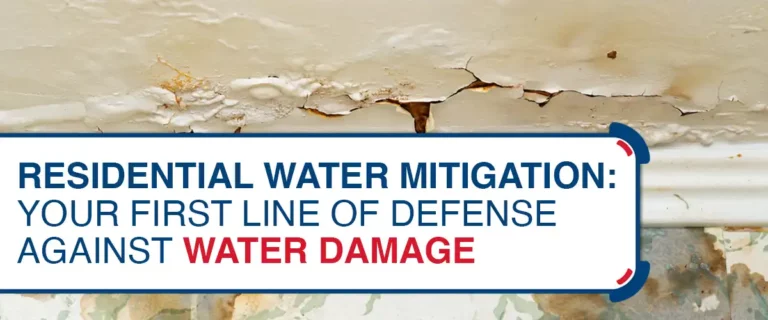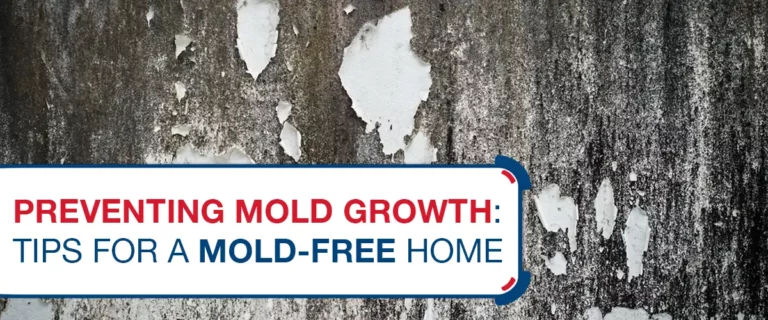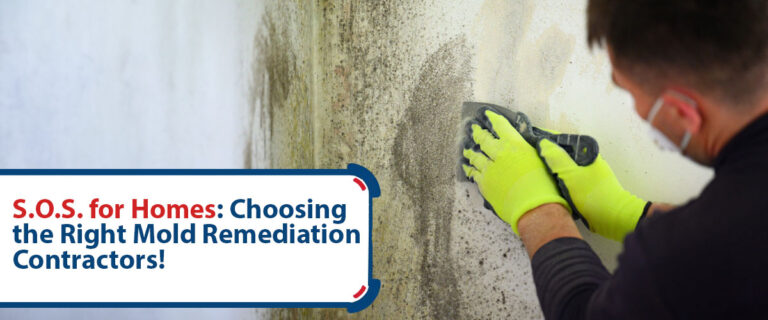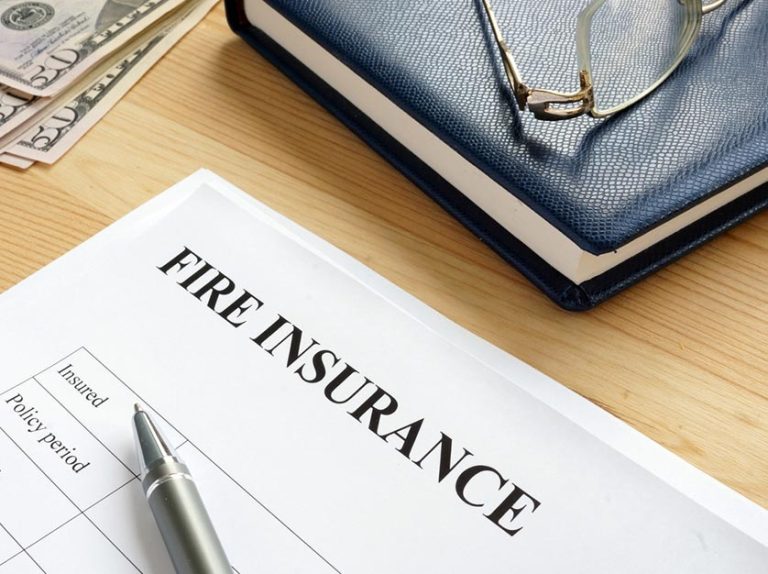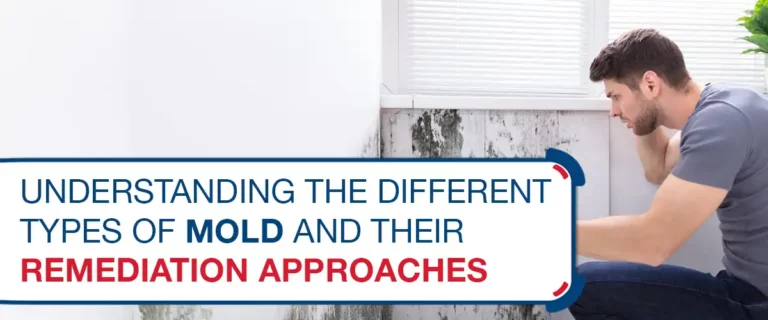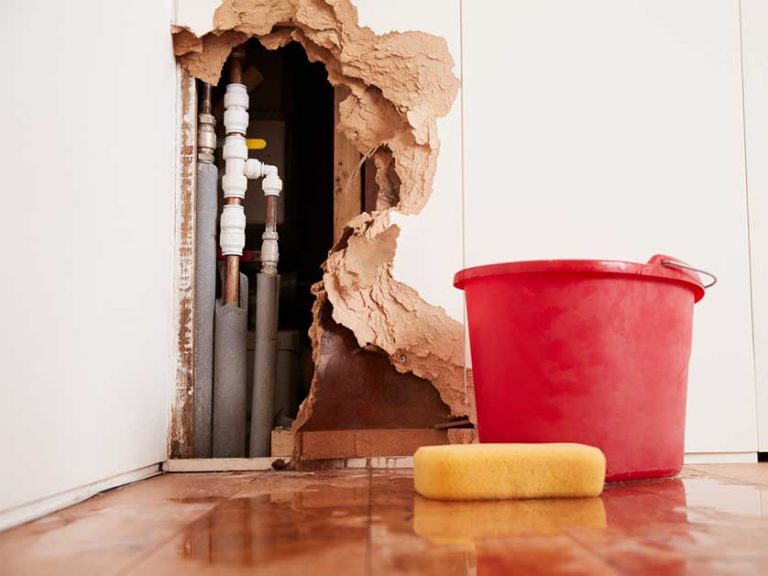Isn’t it mesmerizing how the shift from summer to autumn paints our surroundings with vibrant hues and brings a refreshing crispness to the air? As the leaves start to turn and the air gets a chill, it’s easy to get caught up in the beauty of the changing seasons. But, with this change comes a challenge many homeowners overlook until it’s too late––water damage.
Today, let’s explore why preventing water damage is crucial, especially as we navigate the seasons, and equip you with a comprehensive checklist to keep your home safe and dry.

The Need for Water Damage Prevention
Water damage is like that uninvited guest at your party, it shows up unexpectedly and can be a hassle. Beyond the immediate mess and disruption, the effects can linger, threatening your home’s integrity and your family’s health. Mold, structural damage, and many other issues can arise, proving that an ounce of prevention is truly worth a pound of cure.
As seasons change, how do strategies for combating water damage evolve? It depends on each seasonal challenge. So, let’s get ahead of the curve and proactively discuss protecting your home.
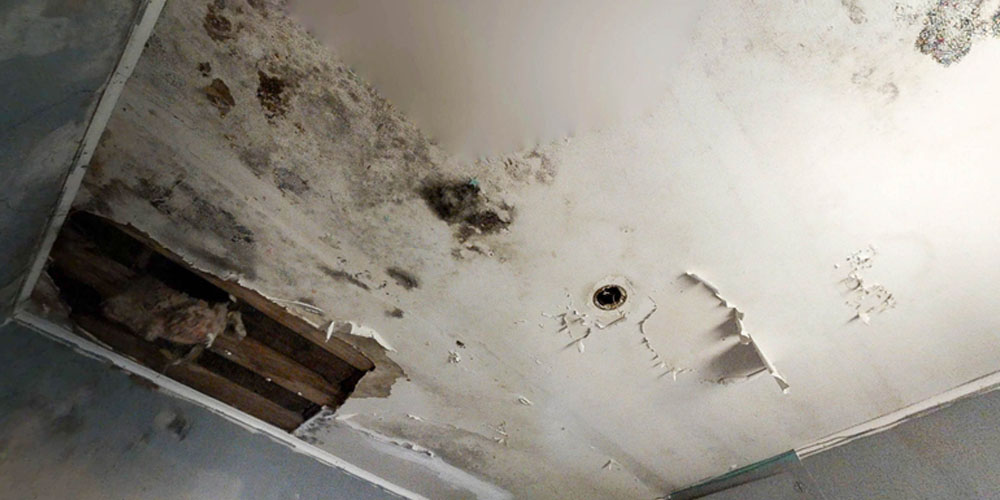
Seasonal Water Damage Prevention Checklist
Protecting your home from water damage requires a vigilant approach and a comprehensive checklist to address all potential risks. Accordingly, this essential guide will equip you with the knowledge to safeguard your property against water intrusion’s costly and damaging effects. We’ll break down this checklist into manageable categories in the following sections. It would be best if you did the following:
A. Exterior Maintenance
- Ensure that gutters are debris-free and downspouts direct water away from the foundation.
- Inspect the roof annually by checking missing shingles or damaged parts.
- Seal windows and doors using caulk.
- Improve drainage by ensuring your yard slopes away from your home.
B. Plumbing and Pipes
- Inspect pipes for leaks or corrosion and insulate them to prevent freezing in colder climates.
- Check hoses and connections on appliances like washing machines, dishwashers, and water heaters for wear or leaks.
- Use a pressure gauge to ensure the water pressure isn’t too high, which can cause pipes to crack or burst.
C. Leak Detection and Prevention
- Install water sensors near potential sources of leaks (e.g., under sinks, near the water heater) to alert you early of issues.
- Monitor the water bill because its unexpected increase could indicate a hidden leak.
- Ensure your HVAC system and air conditioner drain lines are regularly inspected and cleaned.
D. Foundation and Basement
- Test your sump pump annually to ensure it’s in working order, especially before the rainy season.
- Apply sealant on interior basement walls and consider installing a French drain system if water intrusion is a concern.
E. Insulation and Ventilation
- Protect pipes in unheated areas like garages or crawl spaces with insulation to prevent freezing and bursting.
- Ensure appropriate ventilation in areas prone to moisture.
Moreover, taking these steps can significantly lower your risk of water damage. But sometimes, you need to bring in the big guns.

When Do You Need to Call in Water Damage Experts?
Consequently, preventing the risk of water damage before it occurs is essential for maintaining the integrity and value of a property. However, while DIY tips are great, there are times when only a professional will do. Thus, it is better to determine whether or not you’ll need a professional. To help you, here are instances when seeking them is particularly recommended:
- Post-severe weather: If your area has been hit by significant flooding or storms, getting a professional assessment can help you catch issues you might miss.
- Real estate transactions: An expert evaluation can uncover potential water damage risks.
- Visible signs of trouble: Persistent dampness, musty odors, or visible mold all scream for professional intervention.
- After a major plumbing mishap: A severe leak or burst pipe warrants a thorough inspection beyond the immediate repair.
An expert’s eye can save you from future headaches by pinpointing risks and providing actionable recommendations.
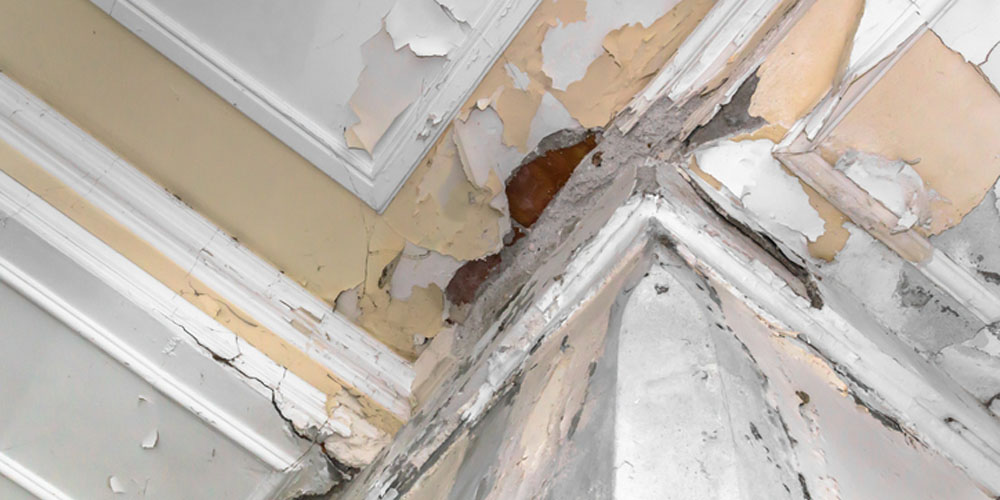
Long-Term Defense Against Water Damage
Protecting your home from water damage requires a proactive approach, focusing on durability and prevention to avoid future issues. So, by investing in comprehensive measures now, you can secure your home’s structural integrity and value for years. The following strategies you should consider:
- Quality waterproofing: Apply high-grade sealants around windows, doors, and the foundation. For added protection, consider professional basement waterproofing solutions.
- Update your landscaping: Enhance your property’s landscaping to direct water away from the foundation and improve overall drainage.
- Material matters: Choose durable, water-resistant materials for roofing and siding to withstand harsh weather conditions.
- Knowledge is power: Stay informed about the common signs of water damage and educate all household members on preventive measures and early detection.
While these measures require an upfront investment of time and resources, they can save you from costly repairs.
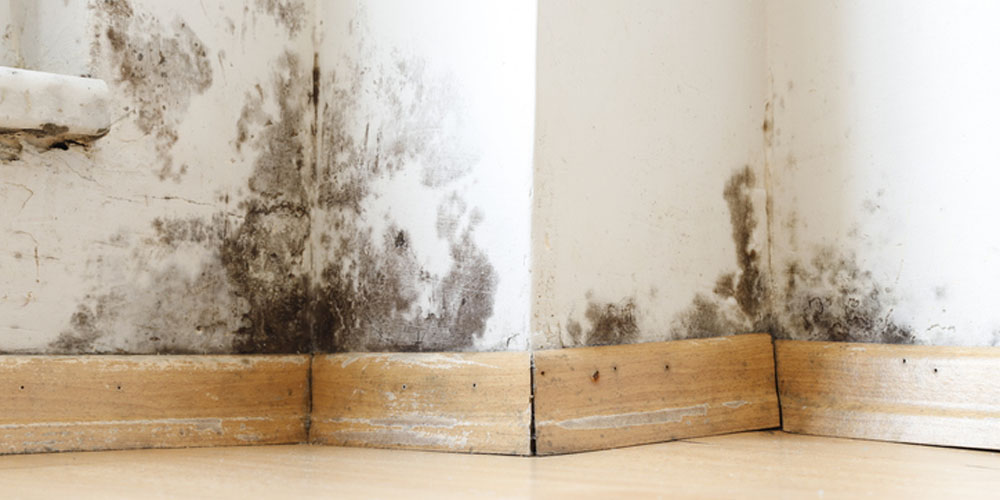
Stay Ahead of the Water!
As we’ve seen, water damage prevention is a year-round commitment requiring immediate actions and long-term strategies. From seasonal maintenance to innovative renovations, the key is to stay proactive. Remember, the cost of prevention pales compared to the potential damage and expense of repairs.
So, if you need clarification on your home’s water damage risks or need guidance on prevention strategies, feel free to consult experts for water damage risk assessment. Their insights can offer peace of mind and save you from potential disasters.
Confidently embrace the changing seasons, knowing you’re prepared to keep your home safe and dry no matter the weather.
References:
- Division, A. S. S. (2009). How can we prevent frozen pipes? Opflow, 35(12), 6–7. https://doi.org/10.1002/j.1551-8701.2009.tb02990.x
- Kilinski, Megan A. Overview of Leak Detection Technologies: A Summary of Capabilities and Costs. United States. https://doi.org/10.2172/1571292



